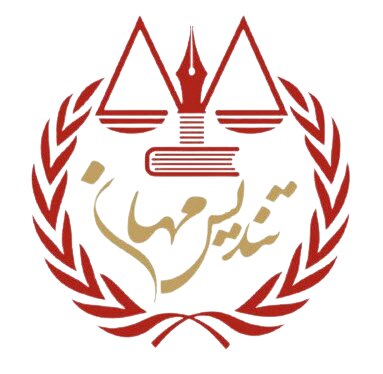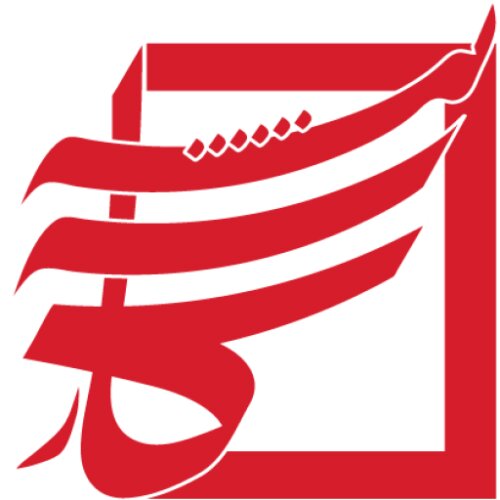Best International Lawyers in Tehran
Share your needs with us, get contacted by law firms.
Free. Takes 2 min.
List of the best lawyers in Tehran, Iran
About International Law in Tehran, Iran
International law in Tehran, Iran encompasses various issues such as diplomatic relations, treaties, trade agreements, human rights, and cross-border disputes. Iran, being a prominent player in the Middle Eastern geopolitics, is involved in numerous international legal arrangements. Understanding international law in this context involves a grasp of both the domestic legal framework and its interaction with international legal standards and obligations.
Why You May Need a Lawyer
Individuals and businesses may require legal help in the field of international law in Tehran for a variety of reasons. Common situations include negotiating or drafting international contracts, resolving cross-border disputes, understanding compliance with international regulations, participating in international business transactions, dealing with import and export laws, immigration issues, and protecting intellectual property rights internationally.
Local Laws Overview
The legal framework in Iran, particularly regarding international legal matters, is influenced by Islamic law, statutory law, and customary law. An important aspect of international law in Iran relates to its stance on treaties where ratifications need parliamentary approval. For businesses, understanding Iran's compliance with World Trade Organization (WTO) regulations and sanctions is crucial. For individuals, familiarity with Iran’s immigration and nationality laws is often relevant, especially concerning dual citizenship and work permits for foreigners.
Frequently Asked Questions
What are the main international laws affecting businesses in Tehran?
Businesses in Tehran are influenced by trade sanctions, bilateral agreements, and international trade laws. It’s essential for them to understand export regulations, customs duties, and intellectual property laws relevant to foreign transactions.
How does one resolve an international legal dispute in Iran?
Dispute resolution may involve arbitration or litigation in courts with jurisdiction over international matters. Iran is also a signatory to several international conventions facilitating arbitration.
How do Iranian laws impact foreign investments?
Iran encourages foreign investments under its Foreign Investment Promotion and Protection Act, offering certain guarantees and tax incentives. However, political relations and sanctions can impact foreign investments significantly.
Can foreigners own property in Iran?
Foreigners cannot directly own land in Iran but can secure leases and other similar arrangements through entities or joint ventures.
Are there specific international human rights considerations in Tehran?
Iran is party to several international human rights treaties. However, these rights must be understood in the context of domestic laws and their interpretations in Iran.
What is the process for international trade compliance in Iran?
Businesses must comply with export/import regulations, adhere to customs procedures, and understand sanctions to ensure international trade compliance.
Can Iranian citizens hold dual nationality?
Iranian law does not recognize dual citizenship. However, in practice, individuals might hold citizenship of another country alongside Iranian nationality.
What are the legal implications of working in Iran as a foreigner?
Foreigners need appropriate visas and work permits, which involve detailed processes and compliance with Iranian labor laws.
How do international treaties affect domestic law in Iran?
International treaties ratified by the Iranian parliament have the force of law and can affect domestic regulations. However, their implementation can be contentious.
What role do international sanctions play in legal matters in Tehran?
Sanctions profoundly affect trade, banking, and international relations. Businesses and individuals must comply with both Iranian regulations and applicable foreign sanctions.
Additional Resources
Individuals seeking further information on international legal matters in Tehran can consult the Iranian Ministry of Foreign Affairs, Tehran Chamber of Commerce, Industries, Mines and Agriculture (TCCIMA), and international sections of law firms. Other resources include embassies and consulates in Iran, international organizations with offices in Tehran, and academic institutions offering insight into international law.
Next Steps
If you need legal assistance concerning international law in Tehran, consider consulting a specialized attorney with expertise in international law. They can provide personalized guidance and ensure your compliance with relevant legal standards. Start by identifying legal firms with international law practices in Tehran, schedule consultations, and prepare a detailed description of your legal concerns to discuss with them. Engaging a legal advisor early can help navigate complex international legal landscapes and prevent potential legal pitfalls.
Lawzana helps you find the best lawyers and law firms in Tehran through a curated and pre-screened list of qualified legal professionals. Our platform offers rankings and detailed profiles of attorneys and law firms, allowing you to compare based on practice areas, including International, experience, and client feedback.
Each profile includes a description of the firm's areas of practice, client reviews, team members and partners, year of establishment, spoken languages, office locations, contact information, social media presence, and any published articles or resources. Most firms on our platform speak English and are experienced in both local and international legal matters.
Get a quote from top-rated law firms in Tehran, Iran — quickly, securely, and without unnecessary hassle.
Disclaimer:
The information provided on this page is for general informational purposes only and does not constitute legal advice. While we strive to ensure the accuracy and relevance of the content, legal information may change over time, and interpretations of the law can vary. You should always consult with a qualified legal professional for advice specific to your situation.
We disclaim all liability for actions taken or not taken based on the content of this page. If you believe any information is incorrect or outdated, please contact us, and we will review and update it where appropriate.

















